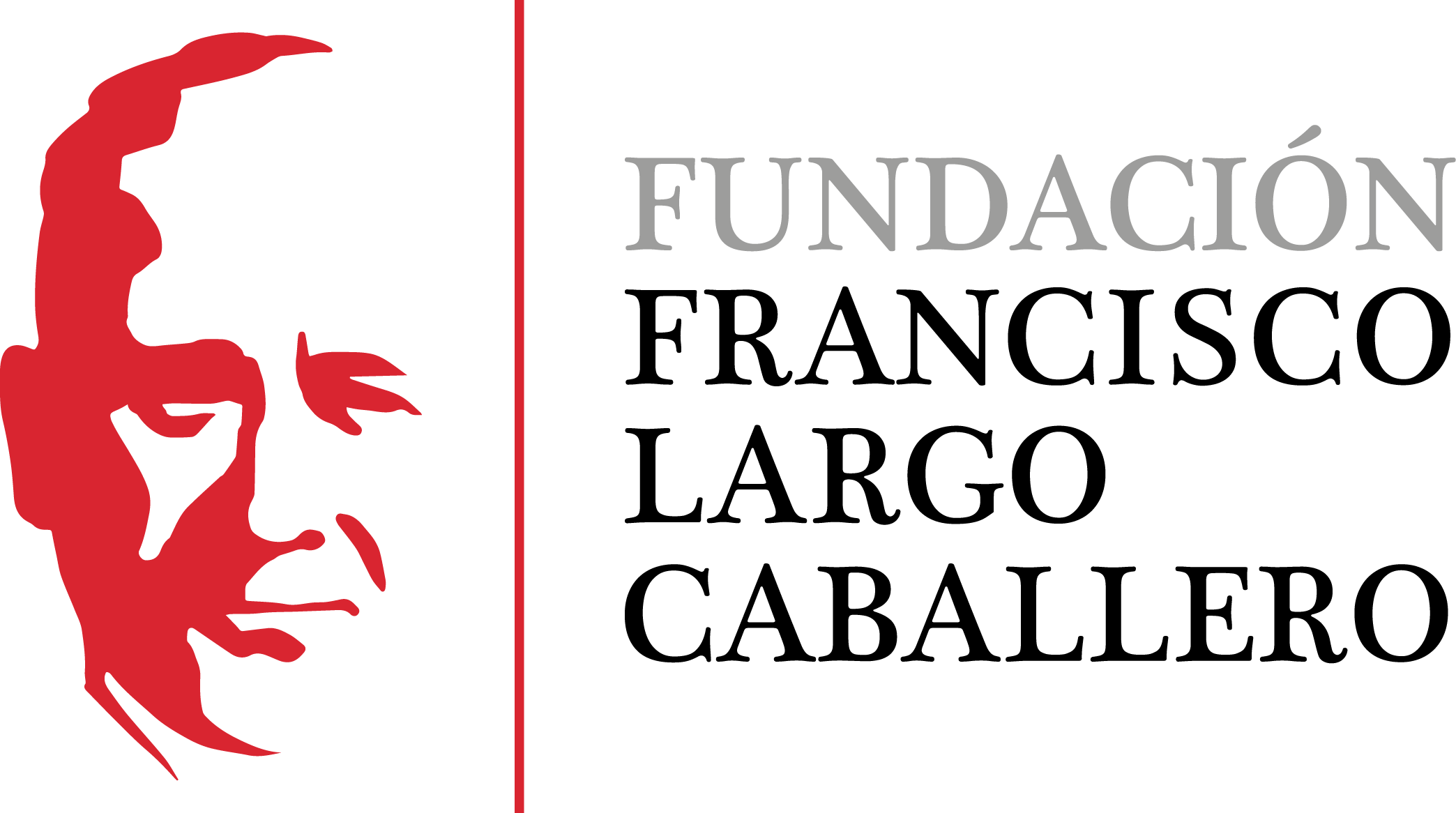Anti-industrialism in Spain, 1870-1936
DOI:
https://doi.org/10.69791/rahc.177Keywords:
anti-industrialism, Spain, history of economic thought, 1870-1936Abstract
Anti-industrialism implies the abstract negation of industrial civilization as a whole, usually through piecemeal formulations developed outside the scope of Economics. In general, it has tended to combine an anti-machinist, ruralist and anti-urban conception with a critical view of competition, often looking back —especially to the Middle Ages— in search of alternative models and from a pre-eminent consideration of the moral aspects. Spain, despite experiencing a more modest industrialization process than other countries, which therefore was associated with less dramatic changes, was not an exception as to the presence of anti-industrialists currents between 1870 and 1936: on one hand, Social Catholicism; on the other, the fin de siècle anti-industrialism, influenced by the spreading of the romantic ideas of Ruskin and Morris; and finally, the libertarian naturism, whose origins could be put to the French naturien movement.
Downloads
Global Statistics ℹ️
|
151
Views
|
38
Downloads
|
|
189
Total
|
|
Downloads
Published
How to Cite
Issue
Section
License
Copyright (c) 2012 Tomás Martínez Vara, José Luis Ramos Gorostiza

This work is licensed under a Creative Commons Attribution 4.0 International License.
Alcores is an open-access journal. It provides unrestricted access to its content from the moment of publication. We respect intellectual property rights, and for this reason, the author retains the copyright. All content is distributed under a Creative Commons Attribution 4.0 International (CC BY 4.0) license. The terms of the license can be consulted at: https://creativecommons.org/licenses/by/4.0/
This license allows sharing (copying and redistributing the material in any medium or format) and adapting (remixing, transforming, and building upon the material for any purpose), provided that authorship and first publication in this journal are properly credited, a link to the license is included, and any changes made are indicated.
This type of license facilitates the freedom of reuse and ensures that the content of this journal can be used to meet research needs.









